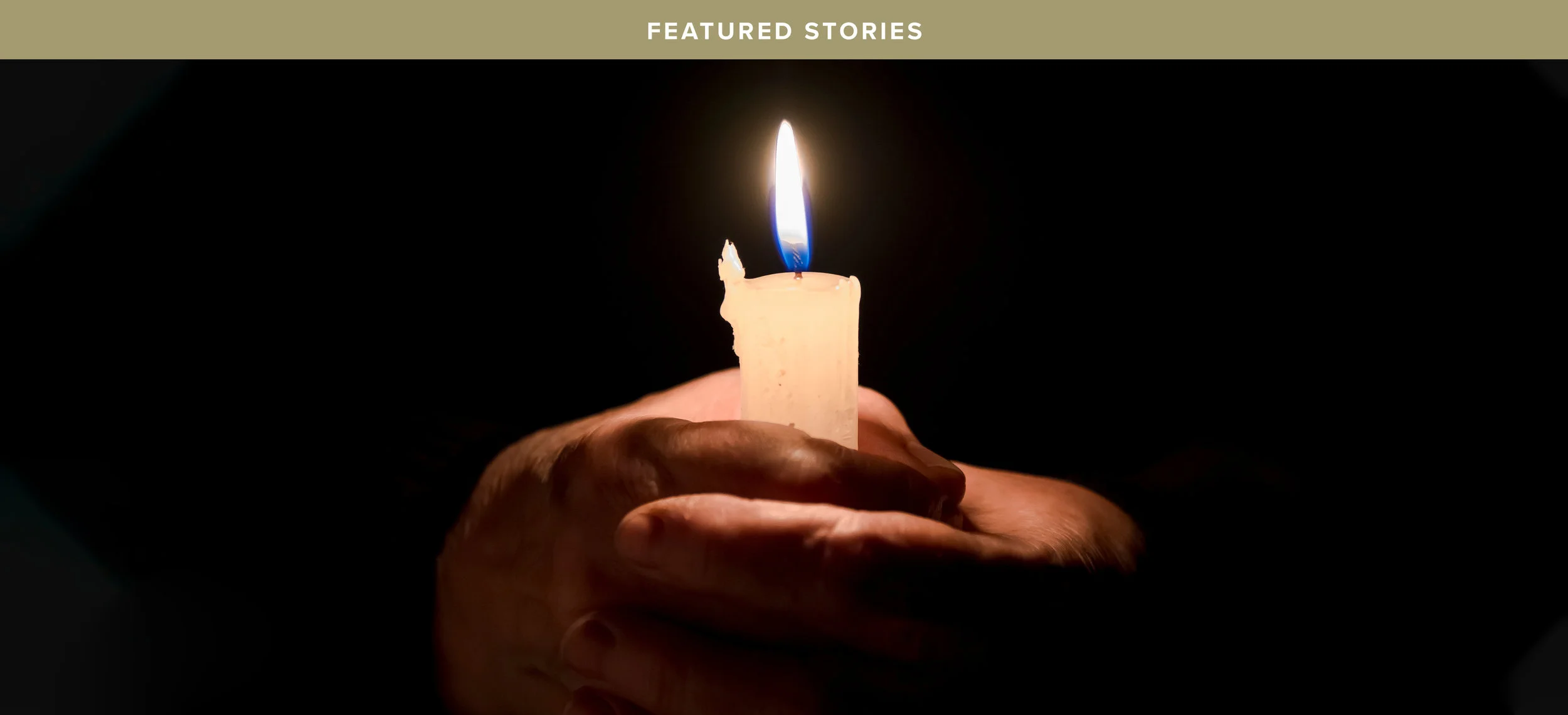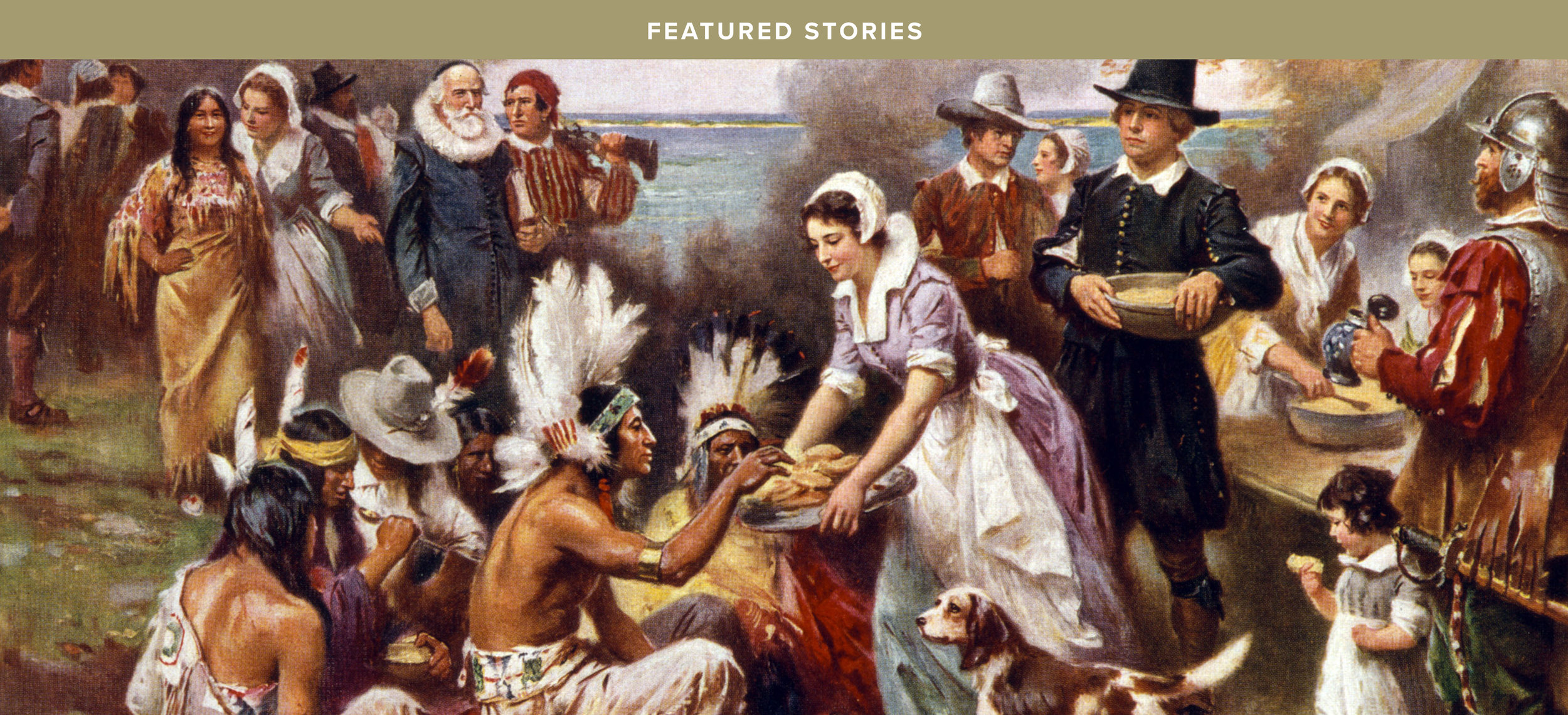A Baby... and What That Means
Chesterton said that every time a new baby is born, it is as if God has created a new sun and a new moon, because there is a new person to appreciate the sun and moon, a new set of eyes looking at God’s light. Everything is remade, “and the universe is put again on its trial.”
Our youngest child is now almost fourteen years old. I remember when my wife Laura and I welcomed him into the world. We named him Gabriel Benedict Ahlquist.
I’ll break that name down for you, starting with the last name. My family name is Ahlquist. It’s Swedish. It means “branch of the alder tree.” It occurs to me that to be named after a tree is a good thing. The family tree, says Chesterton, is the tree of life. And the tree is a very human symbol: feet firmly in the ground, arms outstretched to heaven; the combination of rootedness and inspiration, contentedness and aspiration, realism and idealism - all the things necessary for sanity and happiness.
Benedict, of course, means blessing. It is derived from the Latin words meaning “to speak well of” or “to praise.” A blessing is certainly a good word. Close observers may have also noticed that the name was also the same name as the gentleman who happened to be Pope at the time. What a coincidence.
Gabriel means “God is my strength.” It is the name of the archangel of the Annunciation, the messenger of great news, the heavenly visitor who uttered the very first “Hail Mary.” And for those who were wondering, Gabriel is also the name of the main character in a couple of different Chesterton novels, most notably, The Man Who Was Thursday. And what do you know, our son was born on a Thursday. What a coincidence.
So it’s a good name, full of good news.
When spreading the good news of this new birth, I ran across a rather typical reaction. First question: “Is this your first child?”
Answer: “No, sixth.”
Second question: “Is this your second wife?”
Answer: “No, first.”
The third question varies. It’s either, “Haven’t you figured it out yet?” or “What are you, Catholic or something?”
Answer: “Yes.”
Call it an opportunity for Evangelization.
Note the sequence of questions and the assumptions behind them: First child? Second wife? Are you (1.) stupid? or (2.) Catholic?
There was a time when having babies was considered a normal thing, when having brothers and sisters was considered a normal thing because the mother and father were normal parents, when there was a normal and healthy attitude towards sex. If you go back far enough, there was even a time when being Catholic was normal. But people are now scandalized by the idea of anyone using sex for the purpose of pro-creation, especially married people, and of anyone taking their own religion seriously. The rule has become the exception. The world has things exactly backwards.
The greatest event of life – birth – is regarded as trivial, a nuisance, even some kind of curse. The most disposable things in the world – clothes, cars, computers – are regarded as essential. But even when people have acquired these things, they are still restless. They seek excitement elsewhere. They are never at home. After all, there is no one there. We could even say they have no home.
Our society has thrown out the baby with the bathwater, and in some cases kept the bathwater. The philosophy is reflected in the clean and unlived-in look of our suburban homes that have more bathrooms than bedrooms. It all looks very sterile. It is.
Chesterton says that anyone “who cannot see that a baby is marvelous could not see that anything was marvelous.” Yet, they are the ones making the hilarious wisecracks about Catholics having babies. I’m happy to laugh, but reluctant when the joke is on them.
I was also told – seriously – that Catholics are trying to take over the world by having so many children. Well, I suppose it is a rather easy way to take over the world, come to think of it. Strange, though, that our opponents see such a good strategy but refuse to use it. Instead they actively reduce their own numbers. It is an ineffectual way to fight. We, however, would rather win the world by conversion, not by our opponents merely destroying themselves through the Culture of Death.
But these dark thoughts are only asides. A new birth is a cause for rejoicing. There is a new soul in the world. A new sun, a new moon. Once again, the universe is being put to the test. The greatest adventure, says Chesterton, is to be born.







